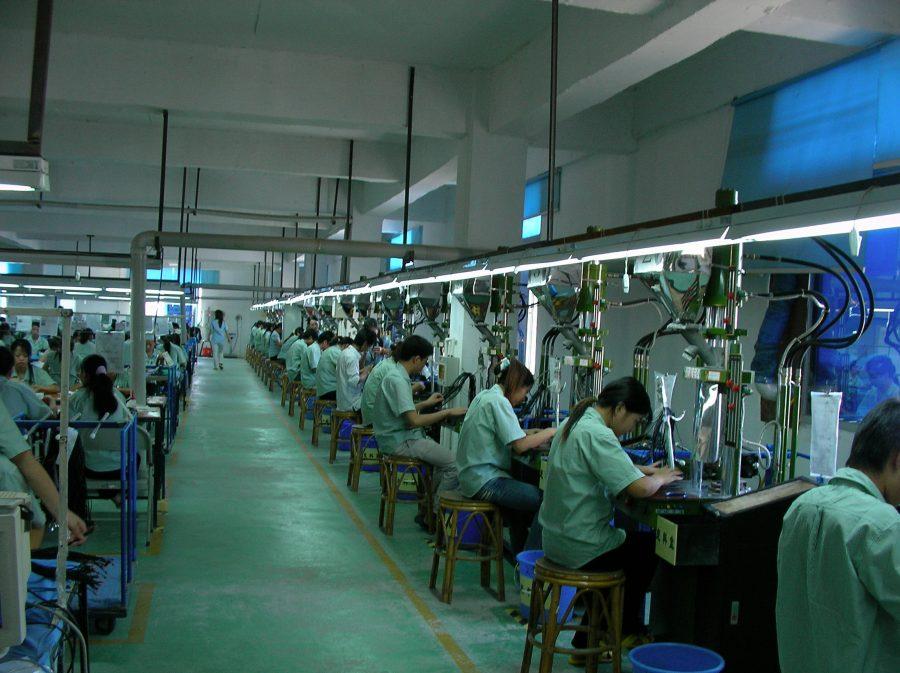On April 18, 2012, a resolution was passed that called for the university’s divestment from Boeing Corporation. This resolution was passed on the grounds that Boeing not only had planes, but also manufactures weapons. Some of these weapons were used by Israel during a three-week attack on the Gaza Strip in 2009.
When Boeing was deemed unethical by the Undergraduate Student Government (USG), UMass Boston was directed to divest from that corporation.
The resolution was supported by some of the student groups on campus, including Students for Justice in Palestine, some faculty members, as well as a large number of students unaffiliated with any organizations.
After all the to-do, it was decided that Boeing was too evil for us to be associated with, so we severed our ties with them
I support the decision which was made in this matter, but I’m left with one burning question: where exactly do we draw the line? Where exactly is the point where a corporation, or persons, sins are so unethical that we have to detach ourselves from them?
Think about it: directly or indirectly, UMass Boston has ties with a lot of corporations and companies, apart from Boeing. Some of these entities are embroiled in some pretty shady and downright awful things. Let’s take Apple Inc. for example.
Apple is responsible for making arguably the smartest, most innovative and user friendly gadgets that our world has seen. In the process of making these tools that we cherish so lovingly, Apple has carried out some acts which I can only describe as cruel, inhumane, reprehensible and dastardly. Very few people seem to pay attention to this.
Apple, through a contractor named Foxconn, has factories in Shenzen, China where most of their goods are made and assembled. These factories exploit workers as young as 12 years old. In addition to working sixteen-hour days with pay of less than one dollar an hour, the workers who clean the screens of our iPhones and iPods make use of a neurotoxin called Hexane. Hexane causes the hands of these workers to have incurable, uncontrollable shaking fits and spasms. When these shaking fits become so bad that the victims are unable to work anymore, they are fired with little or no severance.
Ten thousand workers are cramped into one floor of these factories where our gadgets are made. Despite the horror of these conditions, these factories can be much worse. I’ve only scraped the tip of the iceberg.
The school’s investment portfolio hasn’t been made public, so I don’t know if we purchased Apple stocks or not. What I do know is that we are much more involved with the company than that. In the labs at the library alone, there are fifty five IMac computers.
Speaking ethically, is the purchase and use of the products of a corporation that advocates and practices slave labor any different from buying stocks in a company which makes weapons used for war? Not in my book.
So, why does it seem like no single student or faculty member in the whole school, including myself, is protesting our use of these products? I’m not brilliant, but I think I can figure out the answer to this one: it’s because we enjoy using these products. The same way we enjoy traveling in planes made by the same company we condemned UMass Boston for investing in. The same way we like how we look in our designer clothes made by companies which employ the same cruel tactics of Apple.
To be honest, the call for the divestment from Boeing and the subsequent passing of the resolution is nothing but a huge, collective wad of hypocrisy. If Apple products weren’t so useful and cool, would we call for the university to get rid of the macs on campus?

